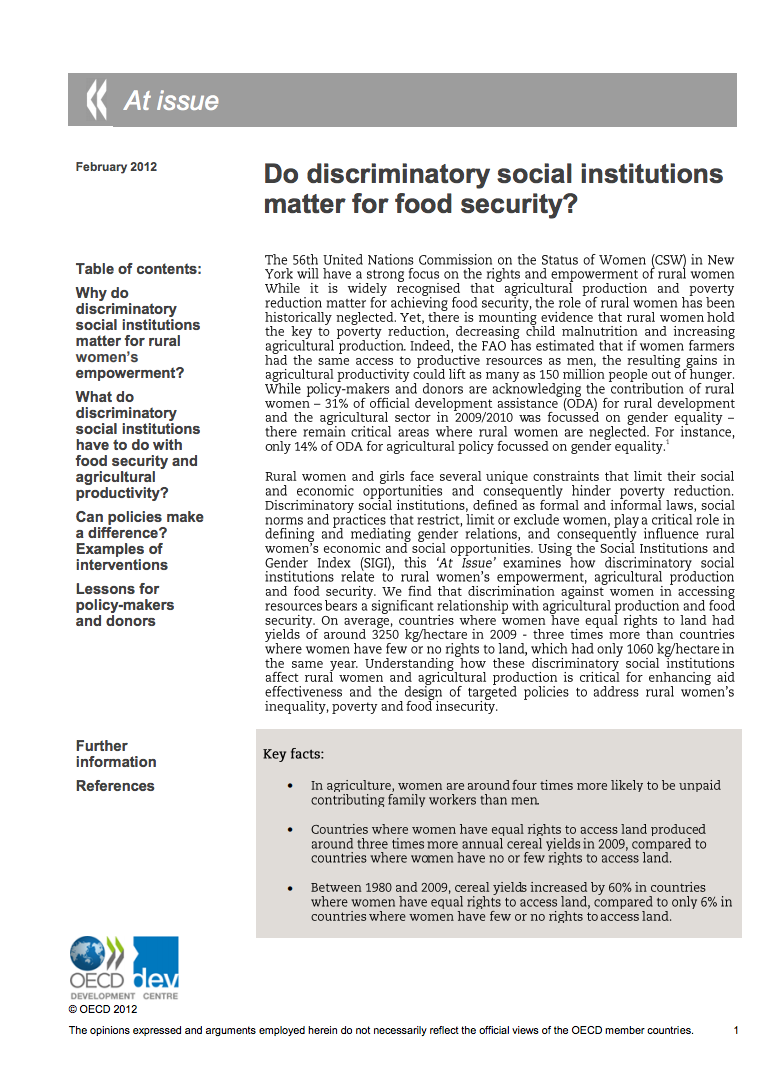Mission
The mission of the Organisation for Economic Co-operation and Development (OECD) is to promote policies that will improve the economic and social well-being of people around the world.
The OECD provides a forum in which governments can work together to share experiences and seek solutions to common problems. We work with governments to understand what drives economic, social and environmental change. We measure productivity and global flows of trade and investment. We analyse and compare data to predict future trends. We set international standards on a wide range of things, from agriculture and tax to the safety of chemicals.
We also look at issues that directly affect everyone’s daily life, like how much people pay in taxes and social security, and how much leisure time they can take. We compare how different countries’ school systems are readying their young people for modern life, and how different countries’ pension systems will look after their citizens in old age.
The OECD’s core values
- Objective: Our analyses and recommendations are independent and evidence-based.
- Open: We encourage debate and a shared understanding of critical global issues.
- Bold: We dare to challenge conventional wisdom starting with our own.
- Pioneering: We identify and address emerging and long term challenges.
- Ethical: Our credibility is built on trust, integrity and transparency.
Members:
Resources
Displaying 21 - 25 of 25Do discriminatory social institutions matter for food security?
In view of the 2012 United Nations Commission on the Status of Women’s thematic focus on rural women’s empowerment, the gender team at the Development Centre has launched an issues paper, “Do discriminatory social institutions matter for food security?”.
Adaptation to climate change for sustainable development in the coastal zone of Egypt
This paper highlights that fact that Egypt is one of the most vulnerable countries to the impacts of climate change.
Mainstreaming climate change responses in economic development of Uruguay
This paper assess Uruguay’s greenhouse gas emissions and economic performance, in addition to reviewing policies, plans and regulations which have resulted in land use changes and new forested areas with significant implications for climate change. The paper also explores programs that can result in both socioeconomic development and an increased ability to mitigate climate change.The author stresses that the real opportunities for mainstreaming responses to climate change in national planning lie within the context of sectoral, environmental and economic policies.
Land, violent conflict and development
This paper looks at the dynamics of land and violent conflict. It states that conflict situations in rural societies deeply affect the politics of land, and that land requires a careful approach by policy makers because it is a central element in the evolution of societies. As a result, policies pertaining to land are not neutral in terms of conflict management.The paper argues that donors seeking to promote peace and development should tackle land issues in recipient countries more systematically, more carefully and in a more coherent manner.
Planting the foundations of a post-2020 land sector reporting and accounting framework
This paper presents possible elements of a long-term international vision for land sector reporting and accounting. The vision is of a multi-dimensional land sector reporting and accounting framework that is applicable to all countries and increases in comprehensiveness over time. The overarching objective of the framework is to build trust between Parties to the United Nations Framework Convention on Climate Change (UNFCCC) by tracking progress in implementation of mitigation contributions in the land sector.




